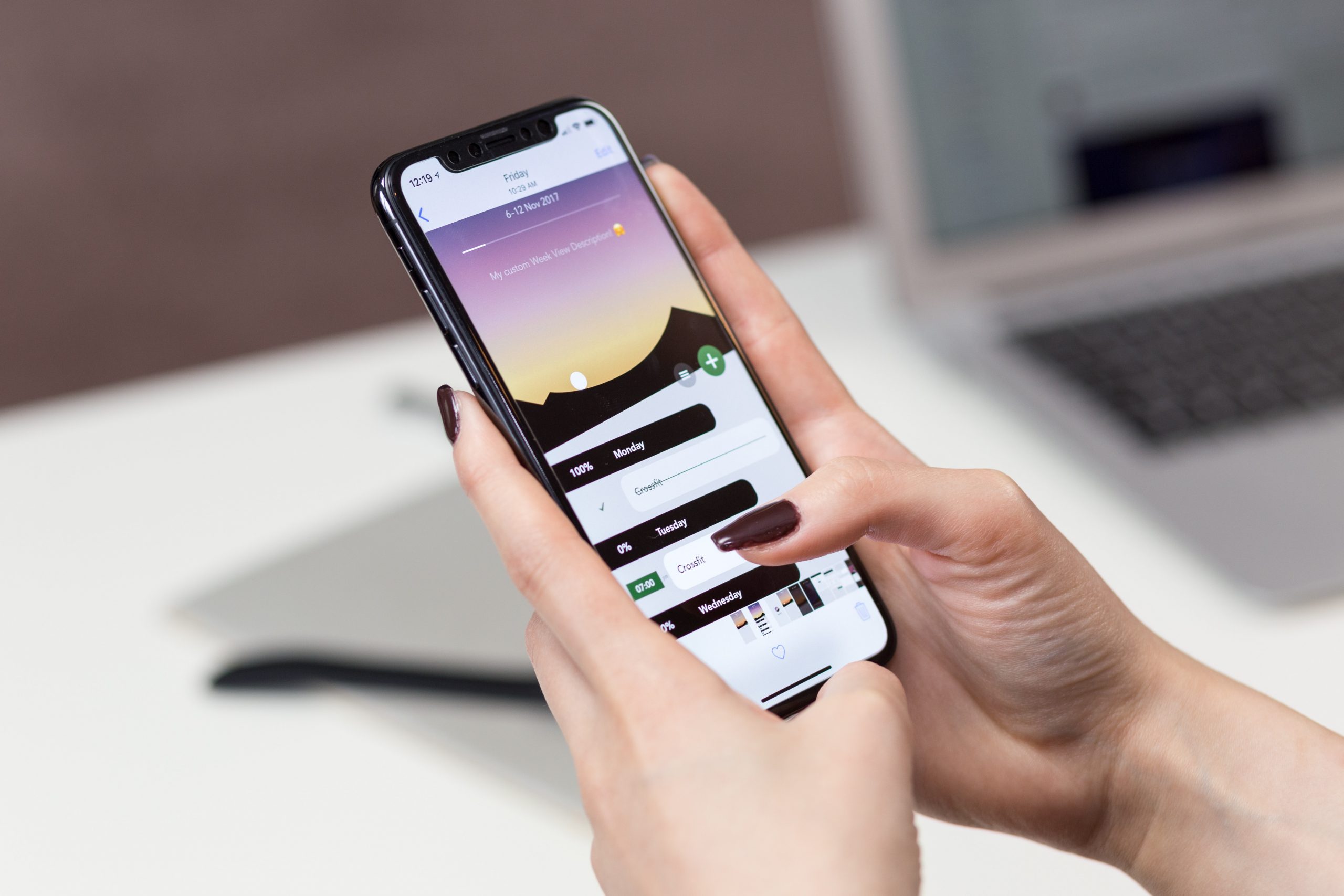What Happens When We Disconnect from Smartphones in the Classroom?
18 October 2023
In the ever-connected world we inhabit, the battle between technology and undivided attention often takes centre stage. Recently, a gentle nudge from a professor led me to reflect on my classroom habits, particularly the subtle but constant presence of my smartphone. How does our relationship with these devices impact our focus in the academic realm? Join me on a journey through the corridors of the classroom, where we explore the delicate dance between learning and the allure of the digital world.
The Digital Dilemma:
As the digital era continues to reshape our daily lives, the classroom has become a battleground between learning and the allure of our smartphones. The subtle temptation to glance at our screens during lectures is a universal struggle that many students, including myself, face. The question arises: How does this digital distraction impact our ability to fully engage with the material at hand?
In an era where information is just a tap away, the boundary between staying informed and being distracted blurs. The momentary escape into the digital realm becomes a double-edged sword, offering a respite from the lecture while potentially robbing us of the rich educational experience before us.

The Harvard Perspective:
Harvard Business School’s examination of mobile phone usage in meetings provides a thought-provoking lens through which we can view our behaviour in classrooms. The lack of respect implied by checking our phones suggests a prioritization of external information over the present conversation. This notion extends beyond mere distraction, hinting at a deeper challenge in balancing our digital and academic lives.
In the academic arena, where the exchange of ideas is paramount, every glance at the smartphone screen carries the weight of a missed opportunity. The challenge becomes not only resisting the urge to check our devices but also recognizing the profound impact these actions have on the dynamics of the classroom.
The Myth of Multitasking:
Multitasking, often hailed as a skill in our hyper-connected world, reveals itself to be a myth when scrutinized in the context of a classroom setting. Research suggests that our brains struggle to focus on more than one task at a time, raising questions about the efficacy of dividing attention between a lecture and a smartphone. By understanding the limitations of multitasking, we can better appreciate the importance of singular focus in the pursuit of knowledge.
The illusion of multitasking crumbles when confronted with the intricacies of learning. Rather than enhancing our ability to absorb information, juggling multiple stimuli only serves to dilute the depth of our understanding. The classroom, once a space for intellectual exploration, becomes a battlefield where our attention is fragmented.
Beyond Lack of Respect:
The implications of smartphone use in class extend beyond the perceived lack of respect. They touch on fundamental aspects of active listening and engagement. In a world where our devices demand constant attention, are we truly listening to the nuances of a lecture or merely hearing words? Exploring this dichotomy sheds light on the challenges students face in maintaining a meaningful connection with the educational experience.
The erosion of active listening transforms the classroom from a dynamic hub of ideas into a passive arena where information washes over us. Engaging with the material becomes a conscious effort, requiring us to wrestle back control from the ever-persistent distractions vying for our attention.
The Pavlovian Connection:
The modern phenomenon of being tethered to our phones, responding almost reflexively to notifications, echoes the classic Pavlovian response. The incessant buzz becomes a cue, prompting us to shift our attention from the lecture to the digital realm. Understanding this connection allows us to recognize the power our devices hold over us and opens the door to reclaiming control over our focus and attention in the classroom.
The Pavlovian response to our smartphones unveils a deeper challenge — breaking the conditioning that ties our sense of urgency to every ping and notification. Reclaiming control over our attention requires a conscious effort to unplug from the digital stimulus and re-establish a connection with the immediate intellectual landscape of the classroom.
In the pursuit of knowledge, perhaps it’s time for us to reassess our digital companions and their role in our academic endeavours. As we unplug from the distractions of the digital realm, we may find a renewed sense of focus, active engagement, and a deeper connection with the rich tapestry of learning that unfolds within the walls of the classroom. In this age of constant connectivity, the classroom stands as a sanctuary for intellectual exploration. It’s a space where the exchange of ideas should be the primary focus, and every distraction, no matter how tempting, threatens to diminish the essence of this experience. As students, it’s our collective responsibility to break free from the digital snares that hinder our academic journey and, in doing so, rediscover the true art of learning.